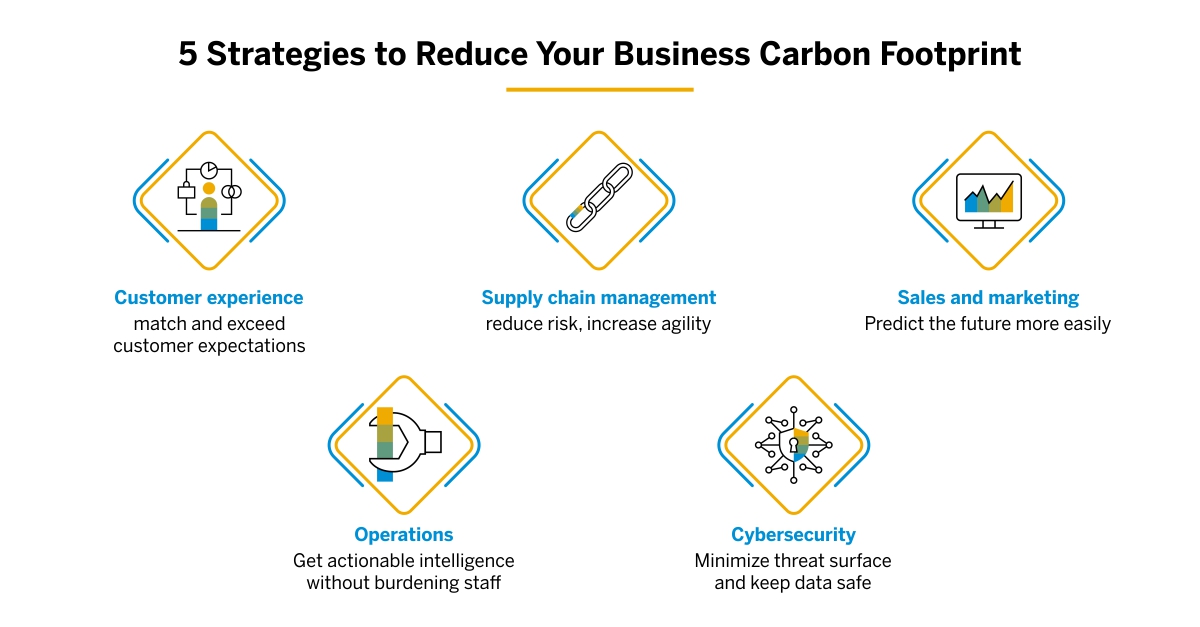Digital transformation is an essential driver in today’s fast-paced competitive world, helping organizations adapt to changing customer needs and demands. In this digital transformation journey, Artificial Intelligence (AI) has emerged as a game-changer with its ability to revolutionize everything from corporate operations to customer service. With the help of AI, business and IT leaders can rethink their business models, deliver an enhanced customer experience and help their organizations become more adaptive, creative, flexible and innovative. According to an Infosys study, 98 percent of organizations that leveraged AI for their digital transformation journey were able to generate substantial additional revenue.
The potential of AI to optimize business is reflected in its growing popularity. IDC predicts that at least 90% of new enterprise apps will insert AI technology into their processes and products by 2025. In the Asia-Pacific region (excluding Japan), IDC says that the need for enterprises to apply AI to improve operational resilience and income generation has grown because of the pandemic.

This brings us to the question: How can AI enable digital transformation in modern-day businesses?
With the help of AI, businesses can make better use of the data they collect and use it to improve their products and services, as well as to develop novel initiatives. Advanced analysis helps gain intelligent insights from an enormous volume of data, turning it into a competitive advantage. This helps businesses make complex yet accurate decisions in different fields, ranging from customer experience to supply chain management.

- Customer experience- AI helps match and exceed customer expectations
AI has gained prominence in the areas of customer service and customer experience. Businesses, particularly those in the marketing sector, can use AI to better understand their customers’ requirements and preferences and create accurate customer profiles. AI also helps understand customer behavior trends, purchasing history, and digital channel involvement.
Today’s customers need personalized experiences and will look for better alternatives if they feel that a brand cannot understand their needs. AI is critical for swiftly accessing customer information so that personalized experiences can be created and reinforced. Businesses who understand this have invested heavily in digital tools that allow them to understand the customers’ psyche and expectations at every touchpoint. According to a recent IDC study, more than half of the large organizations polled said that improving customer experience was the most important driver for AI deployment.
Cognitive Process Automation also plays a significant role here. Using AI technologies such as Machine Learning, Natural language processing and Advanced Analytics, systems can process abstract data and use that to make inferences, assumptions, expand their capabilities and learn. This technology is being used to create ‘digital co-workers’, enabling the organization to become lean and mean without compromising on superior customer service.
- Supply chain management- AI helps in reducing risk, increasing agility
Market volatility and changing consumer demands have made clear the need for agility and flexibility in supply chains. While modern-day supply chains are becoming increasingly difficult to manage, the demand for a sustainable and resilient supply chain has made the role of supply chain professionals more complex.
AI-based tools and solutions drive enterprise-wide visibility into all aspects of the supply chain. They weed out deep-rooted inefficiencies and uncertainties, bring in powerful optimization capabilities required for more accurate capacity planning, and promote safer working conditions. No wonder then that a survey found that six out of ten supply chain professionals expect to use AI extensively in their operations in the next five years.
- Sales and marketing – Predicting the future is easier with AI
AI is the primary enabler for concepts such as predictive modeling, predictive data and forecasting. Combining CRM tools with the power of AI can enable businesses to analyze and detect patterns in customer sales data and identify, score and reach out to high-quality leads. Sales and marketing teams can also use AI-powered platforms to draw meaningful analytics and craft meaningful engagement strategies. And these tools are not replacing the human workforce; instead, AI is reducing repetitive work and freeing up human personnel to take on more intelligent tasks.
- Operations – AI provides actionable intelligence without burdening staff
By integrating AI algorithms into operational programs that support organizational activities, repetitive activities can be automated while information analysis will be more reliable and quicker. The time to search and process data will be cut down, and more data can be processed to inform judgments. This makes it easier to boost productivity and free employees to focus on higher-level tasks, improve operational excellence, customer happiness, and staff satisfaction.
- Cybersecurity- AI can minimize threat surface and keep data safe
Lately, bad actors have stepped up the use of AI in their cyberattacks, making these threats more sophisticated and dangerous. Traditional cyber-mitigation strategies can’t compete with such advanced methods. It is here that AI comes into play, as a key factor for improving organizational defense. No wonder AI in cybersecurity was one of Gartner’s top nine security themes for 2020.
In the fields of cybersecurity and threat intelligence, AI has a wide range of applications.
- Facial and speech recognition, spam or phishing detection, and virus detection are the most popular use cases.
- Pattern recognition technology can identify regulated personal data in need of protection.
- Unsupervised machine learning can categorize websites and identify high-risk sites.
- Unsupervised machine learning can find near-duplicates in phishing and spam attempts.
Selecting the Ideal AI-Based Solution
Putting AI at the heart of your company streamlines your daily tasks and transforms the way you do business, both in terms of learning and performance. Yet, investing in AI is a risky affair. It requires significant time, money, effort and a deep understanding of the multiple options available in the market today. However, to harness the maximum potential of AI, organizations need a solution tailored to their wants and needs. SAP offers an array of Artificial Intelligence Technologies that can be customized to meet these specific business needs of organizations and strengthen your competitive advantage in the digital age.



